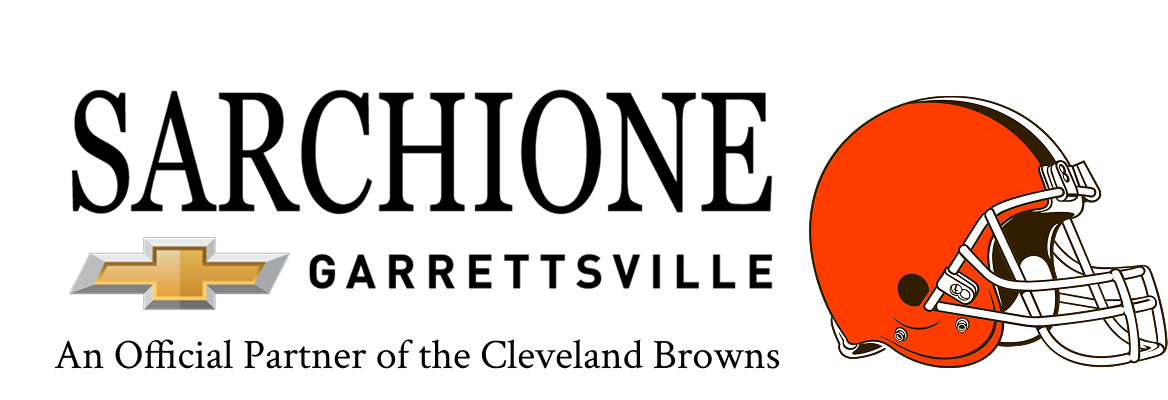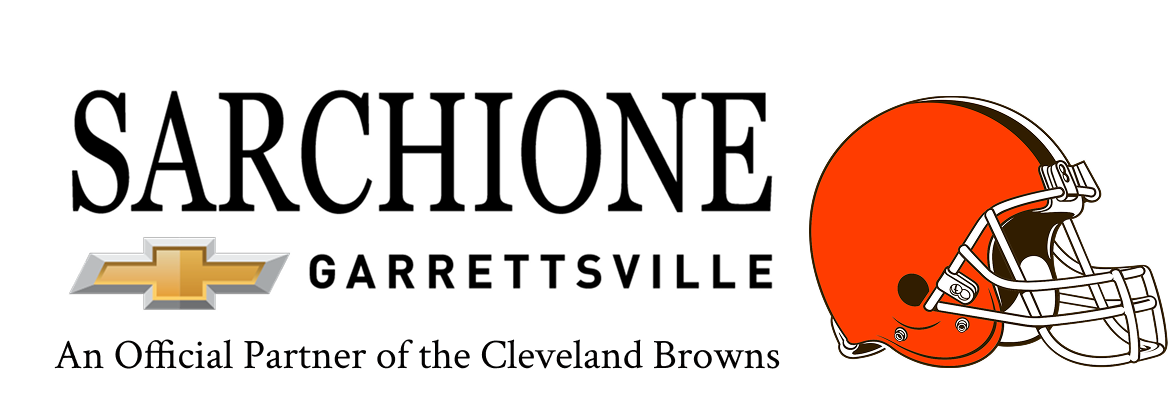Chevrolet vehicles are known for their durability and performance, but like all cars, they can encounter mechanical challenges over time. One question many drivers ask is, what are common Chevy fuel issues? Fuel system problems can affect the vehicle’s efficiency, reliability, and overall driving experience.
From clogged filters and faulty injectors to failing fuel pumps, these issues can cause reduced power, poor fuel economy, or even complete stalling. By understanding the most frequent fuel-related problems, Chevy owners can better maintain their vehicles and address issues before they escalate into costly repairs.
Fuel Pump Malfunctions
One of the most common fuel-related concerns in Chevy vehicles is a malfunctioning fuel pump. The fuel pump is responsible for delivering gasoline from the tank to the engine at the proper pressure, ensuring smooth and consistent performance. When it begins to fail, drivers may notice symptoms such as difficulty starting, sputtering at high speeds, loss of acceleration, or sudden engine stalls.
A weak pump often struggles to maintain consistent fuel pressure, which can prevent the engine from running smoothly under various driving conditions, especially during uphill climbs or heavy loads. In some cases, a failing pump can cause the vehicle to stop altogether, requiring immediate replacement to restore normal performance and prevent damage to other engine components.
Clogged Fuel Filters
Another frequent issue is a clogged or dirty fuel filter. The filter’s role is to keep dirt, rust, and other contaminants from entering the fuel injectors and combustion chamber. Over time, however, debris can build up and restrict fuel flow, leading to rough idling, reduced acceleration, and decreased fuel efficiency.
In severe cases, the restriction can cause the engine to misfire, hesitate under load, or even stall unexpectedly during driving. Replacing the fuel filter at recommended intervals is a simple yet crucial maintenance step that helps ensure the longevity, reliability, and consistent performance of both the fuel system and the engine itself.
Faulty Fuel Injectors
Chevy drivers may also face problems with fuel injectors, which are essential for delivering a precise amount of fuel into the combustion chamber. When injectors become clogged, worn, or electronically defective, they can disrupt the air-fuel mixture. This often leads to engine knocking, poor throttle response, and higher emissions.
In some cases, fuel injectors may leak, creating a strong gasoline odor and posing safety risks. Regular use of quality fuel and injector cleaning additives can reduce buildup, while professional inspection ensures that malfunctioning injectors are repaired or replaced before causing significant engine damage.
Fuel Pressure Regulator Failures
The fuel pressure regulator is another component that can create issues when it malfunctions. This part maintains the correct pressure within the fuel system, allowing the engine to operate efficiently. A failing regulator can lead to either too much or too little fuel being delivered, resulting in hard starts, black smoke from the exhaust, or poor fuel economy. Inconsistent pressure not only affects performance but can also damage other fuel system components.
Early diagnosis and replacement of a faulty regulator are critical in preventing further mechanical complications. If ignored, regulator problems may shorten the lifespan of injectors, fuel pumps, and even the catalytic converter, leading to higher long-term repair costs. Proper inspections during routine maintenance can often detect regulator issues before they worsen.


